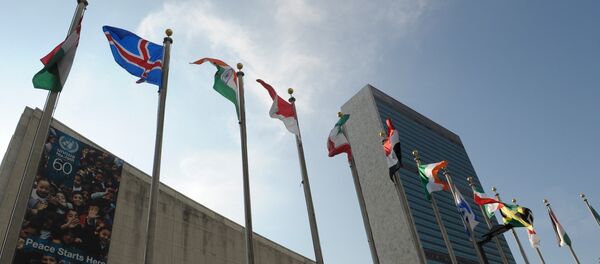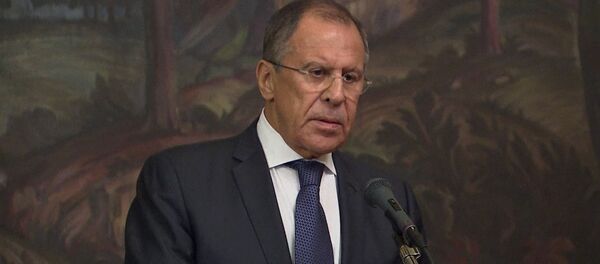The NFP resolution was adopted during the UN General Assembly's 69th session in December 2014 with 126 votes in favor, 4 votes against and 46 abstentions. Georgia, Israel, Ukraine and the United States are the four countries that opposed the draft resolution.
"It is of note that European Union countries abstained from voting. According to our information, the 'collective vote' was reached by arm-twisting. Because in fact, the overwhelming majority of Western European countries, as far as we know, understand the danger of placing weapons in space and were ready to oppose it," he said.
According to Ulyanov, back in 2005 Russia and the EU developed a joint roadmap that included recognizing the importance of preventing an arms race in outer space.
The Russian resolution was introduced in October and approved by the United Nations' Disarmament Committee.
A number of countries contributed to the draft resolution: Brazil, Indonesia, China, Belarus, and Sri Lanka among them, with a further 34 countries as co-authors.
One of the key elements outlined in the NFP initiative is a call for the speedy launch of negotiations at the Conference on Disarmament in Geneva aimed at drafting and adopting a legally binding international agreement to prevent the placement of weapons in outer space.



